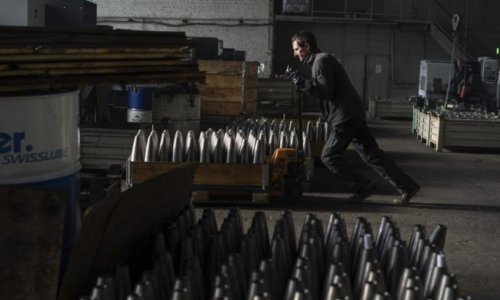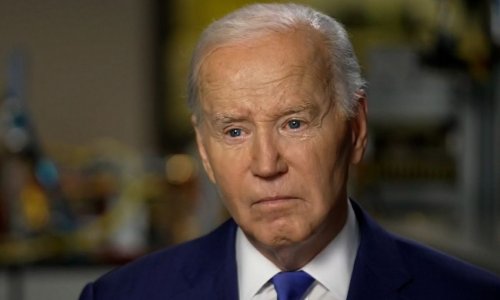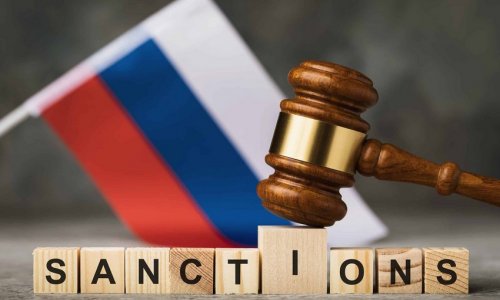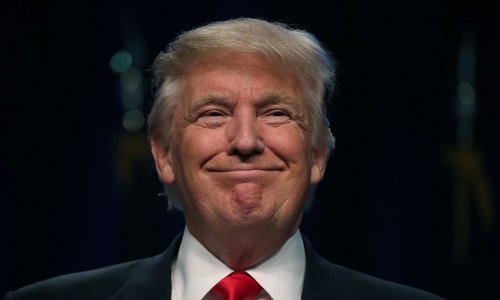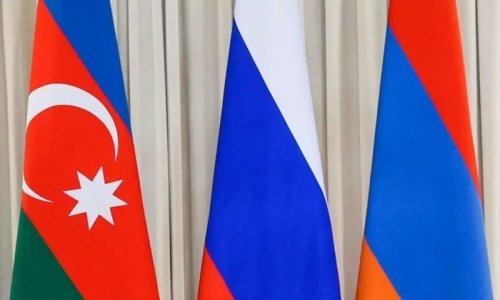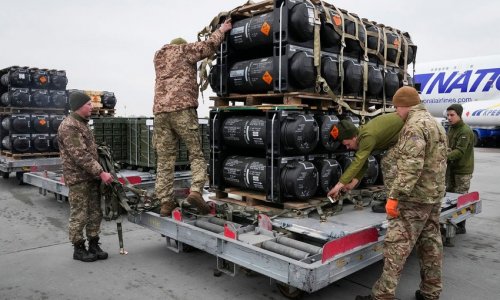The hearing is the first one open to journalists under the Obama administration. More are planned.It is a hopeful sign for detainees. Al-Rahabi and others will be allowed to speak their mind - and say why they should be released.It is also a reminder that some have been approved for release - but are still there. And that others are supposed to be prosecuted, but may never be. Their fate is unlikely to change.Years ago US officials said that al-Rahabi was a bodyguard for Osama Bin Laden.Al-Rahabi appears before the six members of a Periodic Review Board, though not in person. The board members are in Arlington, Virginia, according to a Pentagon spokesman, and are watching him on a video feed.Journalists watch from an office building in Arlington, says the spokesman, though not in the same place. He may eventually be cleared. For others the future is uncertain.The prison opened in January 2002 and at its peak held 750 detainees. Today about 155 men are held there. President Barack Obama promised to close the place down. The Periodic Review Board was set up two years ago as a way to speed up the process.The first hearing was held in the autumn. Mahmoud Abd al Aziz Abd al Mujahid, 36, appeared before the board. He was accused of working for al-Qaeda but was never charged with a crime.He was recommended for transfer. He is still there, however, because Yemen is considered too unstable to repatriate him. So far no other country has offered to take him.At this point 77 individuals at Guantanamo have been cleared for transfer, according to Fordham University's Martha Rayner. Most, including Mujahid, are from Yemen.About 45 detainees from Saudi Arabia and other countries fall into a different category. It is called indefinite detention - or "limbo", as Mark Denbeaux, a Seton Hall law professor, describes it.These men are eligible to appear before the board, however. They could be cleared. Finally there is a category of about 31 detainees. Officials say they are slated for prosecution.One of them is Khalid Sheikh Mohammed, the self-described plotter of 9/11. Others in this category include so-called high-value detainees - Walid bin Attash, Ammar al-Baluchi (also known as Abd al-Aziz Ali), Ramzi Binalshibh and Mustafa Ahmed al-Hawsawi.They are supposed to be tried by a military tribunal for war crimes. "This commission is moving slowly but methodically toward trial," said Mark Martins, the chief prosecutor and a US brigadier general, according to the Financial Times.The other men are unlikely to be prosecuted. In 2002 officials claimed that one of them, Abu Zubaydah, was a key figure in the al-Qaeda network.He was held in a secret CIA facility. Officials created a programme of "Enhanced Interrogation Techniques" for him, as John Rizzo, a former CIA lawyer, wrote. Zubaydah is now prisoner 10016 at Camp 7, a mini-Supermax that is blocked off from the world.Not even lawyers are allowed to visit. He is brought to a 20ft by 10ft (about 6m by 3m) wooden box, with his hands then chained to a bolt on the floor, for meetings. He has never been charged with a crime."He never will be," says his lawyer Joseph Margulies. Years ago officials misjudged him, he says, and consequently subjected him to the harsh programme. Now, he says, they are in a difficult position."It's an embarrassment, right, to cast the programme in doubt," says Margulies. "They just grabbed a tiger by the tail, and they don't know what to do with it."(BBC)ANN.Az
Who, what, why: Who is still at Guantanamo?
World
12:00 | 08.02.2014
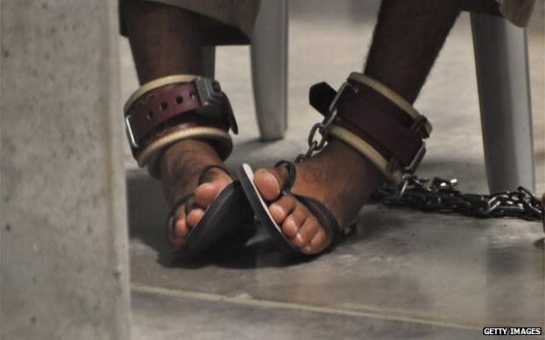
Who, what, why: Who is still at Guantanamo?
A Guantanamo detainee, Abdel Malik Ahmed Abdel Wahab al-Rahabi, appears before a board on Tuesday. Like others held at the prison, he will wait to hear his fate.
Follow us !

